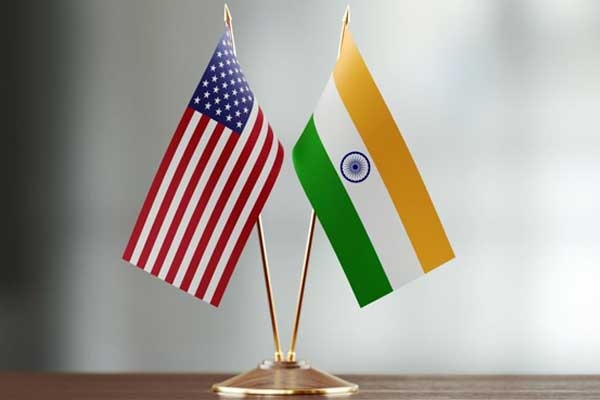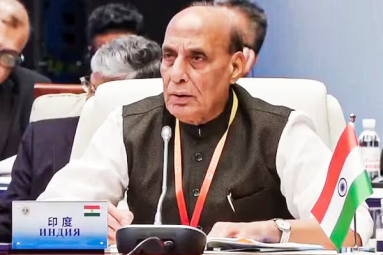
(Image source from: defenseaviationpost)
The United States has lately decided to raise India's category to the advanced level for export of defense materials of the most circumscribed kind permitted only to its NATO (North Atlantic Treaty Organization) allies, and nations which are a part of all the four global regimes that control and frame rules for commerce in nuclear and other strategically sensitive materials.
India is now in an even higher category than long-term U.S. ally Israel, and in Asia, it joins Japan and South Korea, in terms of being accorded an exception to receive dual-use technologies that are highly restricted. It can now import without seeking particular licenses nearly 90 percent of the defense equipment and sophisticated technologies that the U.S. may have. The manufacture of such equipment in India is also not ruled out, and that is a major spinoff.
Washington giving New Delhi this new status is thought to underline three key aspects of international security:
- America is satisfied that India’s credentials on proliferation are of the highest order and what is sold to India will not be leaked to any other country.
- India acquiring the most sophisticated American defense and technology wares will not cause regional instability (Israel is probably ruled out on this count).
- The U.S. is firm in its thinking India is fit to be a member of the Nuclear Suppliers Group (NSG), from which it has been kept out through assiduous Chinese exertion.
In Indian policy circles, it was thought America's relations with India wasn't valued as much as it was under Presidents George W. Bush and Barack Obama. The placing of India on Strategic Trade Authorization-1 now, pushing it up from STA-2, appears to negate that line of thought. New Delhi will no doubt want that its placement in the highest category is given effect to at the earliest by Washington. Perhaps this will come through when the U.S. secretary of state Mike Pompeo and defense secretary Jim Mattis visit New Delhi in September for the "2+2" dialogue. India will do well to keep the focus on the new defense acquisitions it seeks from the United States.
On Thursday, indications also became available that the U.S. will not now sanction India over obtaining defense supplies from Russia, including the S-400 anti-missile system which earlier appeared to have upset the Americans. This is a good sign and admits of a better U.S. appreciation of India's strategic concerns and its geostrategic sensitivities in a multi-polar world. It is desirable from the Indian perspective that American clarity of this order also applies to India’s autonomy on obtaining energy supplies, including from Iran, with which America’s relations have been tangled since the Shah of Iran was overthrown.
Ultimately, no country should be able to dictate who India's friends should be, and those who want India to not remain engaged with the U.S. on compatible terms should also be given short shrift.
By Sowmya Sangam





















